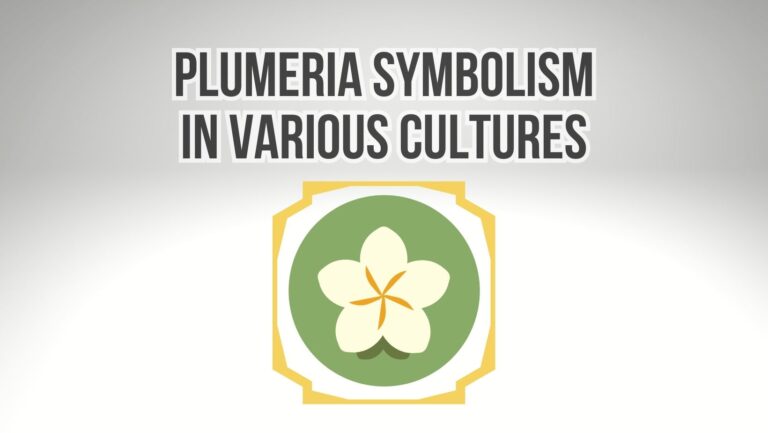
Introduction
Plumerias, with their stunning blossoms and enchanting fragrance, are a joy to cultivate. However, like all plants, plumerias can sometimes fall victim to pests that can damage their leaves, stems, and overall health. Instead of resorting to harsh chemical treatments, consider using organic remedies to control and prevent pest infestations. In this article, we’ll explore natural approaches to managing common plumeria pests while maintaining the health of your tropical beauties.
1. Aphids:
- Organic Solution: Mix a solution of water and a few drops of liquid dish soap. Spray this solution onto the affected parts of the plant, including the undersides of leaves, to suffocate the aphids.
2. Spider Mites:
- Organic Solution: Regularly spray plumeria leaves with a strong jet of water to dislodge spider mites. Neem oil, which is a natural insecticide, can also be applied to help control infestations.
3. Mealybugs:
- Organic Solution: Dip a cotton swab in rubbing alcohol and gently dab it on individual mealybugs to eliminate them. Alternatively, a solution of water and mild liquid soap can be sprayed onto the affected areas.
4. Scale Insects:
- Organic Solution: Gently scrub scale insects with a soft brush or toothbrush dipped in soapy water. Neem oil can also be effective in controlling scale infestations.
5. Whiteflies:
- Organic Solution: Hang yellow sticky traps around your plumeria plants to catch adult whiteflies. Introducing natural predators like ladybugs or lacewings can help control their population.
6. Caterpillars:
- Organic Solution: Handpick caterpillars from the plants and relocate them to a different area. You can also use a solution of water and dish soap to spray the affected areas.
7. Fungus Gnats:
- Organic Solution: Allow the soil to dry out between waterings to discourage fungus gnat larvae. Applying a layer of sand or diatomaceous earth on the soil surface can also deter these pests.
8. Preventive Measures:
- Regular Inspection: Regularly inspect your plumerias for signs of pests. Catching infestations early can prevent them from spreading.
- Prune and Remove: Remove and dispose of any heavily infested or diseased parts of the plant to prevent further spread.
- Encourage Beneficial Insects: Attract natural predators like ladybugs, lacewings, and predatory mites to your garden to help control pest populations.
9. Neem Oil Spray:
- Organic Solution: Neem oil is derived from the neem tree and has insecticidal and fungicidal properties. Mix neem oil with water and a few drops of mild liquid soap, then spray the solution on the plumeria leaves and stems.
10. Garlic and Pepper Spray:
- Organic Solution: Blend garlic cloves and hot peppers with water to create a strong-smelling spray. Strain the mixture and spray it on the plumeria to repel pests.
11. Horticultural Oil:
- Organic Solution: Horticultural oils, such as neem oil or insecticidal soap, can suffocate pests by disrupting their protective coatings. Follow the manufacturer’s instructions for proper application.
Conclusion
Protecting your plumerias from pests using organic remedies not only preserves the health of your plants but also ensures a safer environment for you, other wildlife, and beneficial insects. By implementing these natural solutions and maintaining good gardening practices, you can enjoy the beauty and fragrance of your plumerias without the worry of harsh chemicals. Remember that prevention is key, and regular monitoring is essential to catch any potential pest issues early on.






